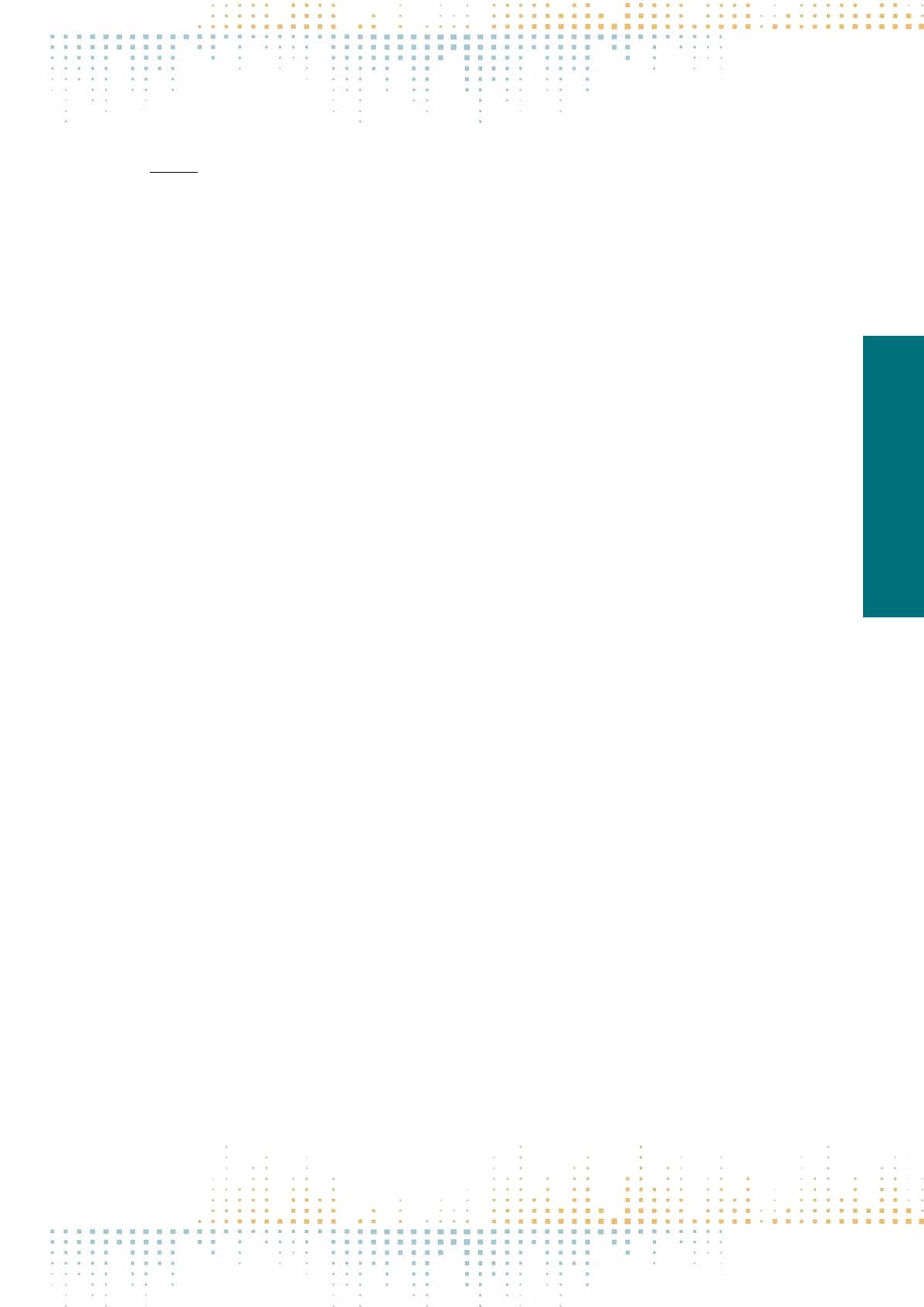

533
Friday, November 11
1 8 : 0 0 – 1 9 : 3 0
PP 432
Learning About the News: Who, What, Where?
M. Boukes
1
, R. Vliegenthart
1
1
ASCoR / University of Amsterdam, Communication Science, Amsterdam, Netherlands
That people learn about political events in society is of fundamental importance for a well-functioning democracy. To make an informed vote choice, most
political communication scholars would claim that people should know about what is going on in the world around them. Of course, it is impossible for
citizens to directly experience all the events themselves, which explains why the media play such a pivotal role in this process: People are dependent on
the media to learn about politics and important events happening in the societies in which they live. However, the question is how well the media (still)
fulfil this function? Ample research finds that citizens, generally, have little knowledge about political matters and current affairs. And this may even get
worse now people massively tune out from the traditional news media: The circulation of newspapers is rapidly declining and the evening news broadcasts
have to cope with heavy competition of the abundance of entertainment offered on other (commercial) channels and especially online.This study addresses
the question how far the news media still inform the wider audience about political and economic news events.We look both at the traditional news media,
such as evening news broadcasts and broadsheet newspapers, but also investigate the impact that“softer”news formats have, such as tabloid newspaper,
human interest kinds of news shows, and political satire. Moreover, we are among the first to explore the impact of Internet news on people’s knowledge
about current affairs in a way that compares it to the old-fashioned ways. Thereby, we build on the groundbreaking work of Matt Baum and Markus Prior
in the beginning of the 2000’s on what people learn from different kinds of news. Remarkably, their widely-cited studies never had much of a follow up.
However, just as them, we examine whether different groups of people learn from different types of media. We make a distinction between the more and
less politically interested citizens, just as that we look at the differential impact of exposure to news among older and younger people. For the analysis,
we rely on a three-wave panel survey that is being conducted between February and June 2015 in the Netherlands. Amongst others, the study measures
respondents’media use and knowledge of news events that occurred between the different points of measurement (e.g., between t1 and t2). We combine
those data with a content analysis of media coverage in national newspapers, television broadcasts, and online news. By controlling for a range of indepen‑
dent variables and especially for previous knowledge at t-1, we can effectively test the effect that exposure to the different types media outlets and more
specifically their contents have had on people’s ability to learn from the news. The results will provide insights in the dynamic influence of media exposure
on knowledge about current affairs; thereby, putting to the test a comparison between ‘style’ and actual ‘content’: Is the medium the message or is it all
about the content they provide?



















